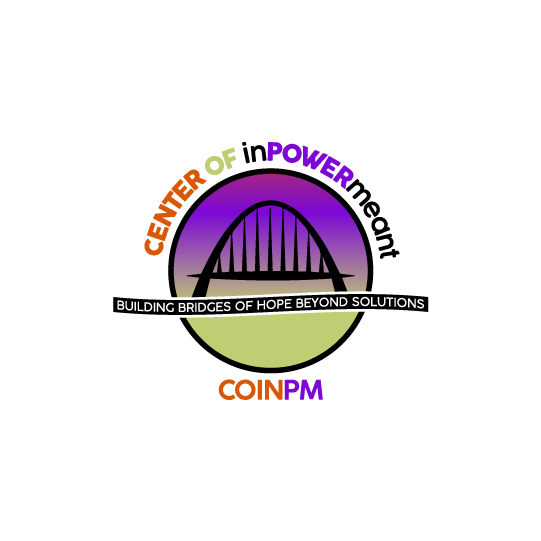Functional Suffering
Functional Suffering
This month is minority mental health month. After working as an advocate in the community for over 40 years (I started in High School). What I know for certain is that much of what we see today in our communities is unhealed trauma. Many of us are taught to lead, function, push, don't stop, while we are hemorrhaging on the inside. We go to church, work, and stay in relationships that are toxic, believing and hoping it will get better without the necessary inner and mental work to partner with our beliefs.
Letting go of what could have been or should have been can be one of the hardest things to do. Particularly when your heart and soul are invested, the energy it takes to let go is about the same as it is to hold on. The clincher is knowing which is bringing life or zapping your strength. Life reflects from the inside out. What is on the inside reflects in our outer world. We cannot fake that.
Of course, if you are blessed to make a lot of money, your outer world may reflect the appearance of opulence or delightful things and experiences. However, when the inner being is in conflict, true presence, and enjoyment are distant—and may create generational untreated pain. Yes, we give it to our children. Often times we look, smell and talk a good game, but many are broken and unhealed. Partly is the lack of understanding that emotional, psychological, mental, and spiritual healing is ongoing.
Functional suffering is challenging at most and heart-wrenching at its worst. The dream of what “Family” is to look, feel and taste like may very well be the thing sabotaging joy. The ideal, who, and what fixated one’s attention on achieving these ideals? Has anyone ever achieved it, or is it just that, an ideal?
Our culture, beliefs, sexual identity, values, race, ethnicity, and language can all affect how we perceive mental health conditions and treatment. These differences can influence whether or not we seek help, what type of help we seek, what coping styles and supports we have, and what treatments might work for us. Minority Mental Health Awareness Month, July, is set aside as a time to promote mental health awareness in all communities and among all cultures.
Normalizing counseling, and support groups for individuals, and families is one of the major cornerstones of COINPM. It is our mandate to bridge the gap in our communities by meeting marginalized communities where they are and building the bridge of understanding, hope, support, and tangible transformation in the structure and systems of how we take care of our mental health. Below are some resources. COINPM also offers support groups for grief and loss, caregivers, as well as individual, and family counseling services.
Resources
• NAMI Minority Mental Health Awareness: https://www.nami.org/Get-Involved/Awareness-Events/ Bebe-Moore-Campbell-National-Minority-Mental-Health-Awareness-Month
• NAMI Identity and Cultural Dimensions: https://www.nami.org/Your-Journey/ Identity-and-Cultural-Dimensions
• U.S. Department of Health and Human Services, Office of Minority Health: www.minorityhealth.hhs.gov
• GuidanceResources® Digital Toolkit: Diversity and Inclusion
Schedule an appointment with a COINPM inPOWERmeant Specialist Click Here
